Precision Over Pressure: Why Strengths-Based Teams Perform Better Under Stress
High-pressure work is common in Singapore. From tight client deadlines to quarterly sales targets, stress can easily take over. When teams only push harder without clear direction, mistakes happen, morale drops, and burnout spreads.
The good news is that there is another way. Teams that know and use their strengths perform with precision instead of pressure. They focus on what each person naturally does best, which creates clarity and lowers stress.
The Problem With Pressure
When employees face stress without clarity, they fall back on unhealthy patterns.
Some overwork and risk exhaustion.
Others withdraw, leading to conflict or disengagement.
Energy is wasted on firefighting instead of problem-solving.
In Singapore, a 2022 report by Mercer found that almost 90 percent of employees feel at risk of burnout. Companies that ignore this will struggle with retention and productivity.
How Strengths Create Precision
Strengths-based teams know how each member contributes best. This makes it easier to assign tasks and share responsibilities, even under pressure.
People use their talents instead of guessing.
Managers have a clear map of team abilities.
Work feels purposeful, not draining.
For example, in a local fintech company, leaders used CliftonStrengths to map their high-pressure sales team. They discovered some employees thrived in building client trust, while others excelled at closing deals. By aligning roles to strengths, stress dropped and performance improved without adding extra hours.
Clarity Reduces Burnout
Burnout often comes from working in areas of weakness for too long. Strengths-based practices prevent this by creating clarity.
Employees know what energises them.
Teams appreciate differences instead of clashing.
Leaders can spot early signs of stress and adjust workloads.
A government agency that partnered with Strengths School shared that staff became more confident handling peak workloads once they understood their natural styles. Instead of everyone trying to do everything, they focused on their strongest contributions.
Why This Matters in High-Pressure Environments
In fast-moving industries like logistics, finance, and healthcare, pressure will never go away. What matters is how teams respond. Research shows that employees who use their strengths daily are 6 times more engaged and 3 times more likely to report excellent quality of life. This resilience translates into better results under stress.
Practical Steps for You
Map your team’s strengths using proven tools.
Discuss how each person responds under stress.
Redesign workflows to fit natural talents.
Recognise and reward strengths in action, not just outcomes.
Conclusion
Pressure alone does not build performance. Precision does. Strengths-based teams focus on clarity, collaboration, and resilience. In Singapore’s demanding work culture, this is what helps employees not just survive pressure but thrive under it.


